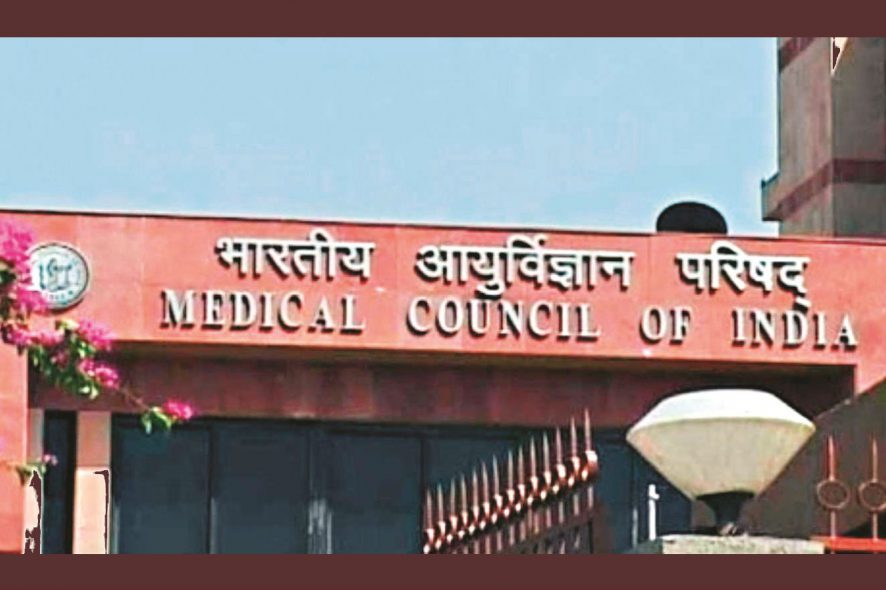The National Medical Commission Bill, 2017, which has been cleared by the Cabinet, is set to replace the existing Medical Council Act, 1956. The new body gives longer rope to medical colleges, but has a say on fees. The new Bill looks at moving to a less regulated environment in medical education, in favour of “outcome based monitoring”. Several conditions, such as increasing the intake of students, will be relaxed once the Bill is cleared.
At present, the Medical Council of India (MCI) gives permission for the establishment and recognition of medical colleges, renews their licenses and approves increases in intake of students. Once the new Bill is implemented, colleges do not need to renew licences, and can increase student intake on their own. They can also start post-graduate courses on their own, without seeking permission from the National Medical Commission (NMC), which will replace the MCI. Opening up the medical education sector will lead to significant addition in the number of UG and PG seats and substantial new investment in this infrastructure sector.
Under the new Bill, if a college does not fulfil any requirements, it will not face strict penalties such as not having its licence renewed or not being allowed to admit new students. Rather, it would face a fine of up to 10 times the annual tuition fee. One of the critical changes that the new law is expected to bring about is determination of fees. While the MCI did not have any power to prescribe fees, the NMC can frame guidelines for determining the fee for up to 40 per cent of the seats in private medical colleges.
[Source: The Hindu Business Line]







